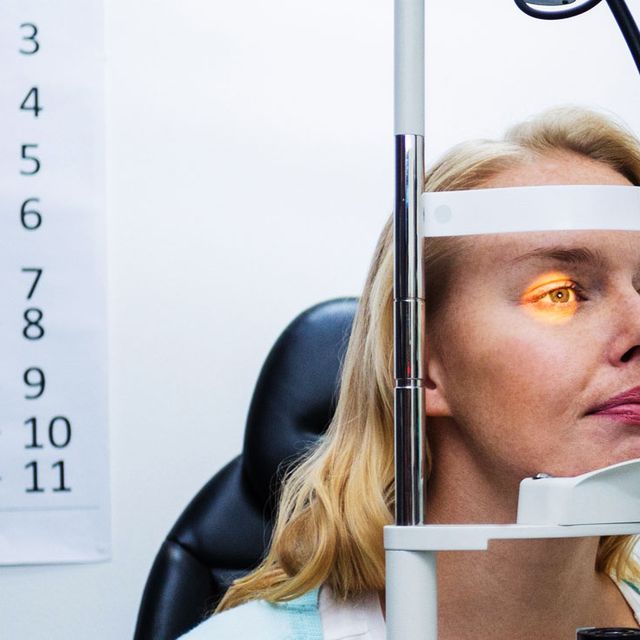
Blog

With the amount of time people spend staring at screens these days, it is no wonder many people experience tired, strained, or dry eyes. Blue light from screens can make your eyes tired and interfere with your sleep. Fortunately, choosing the appropriate eyewear can help block blue light and lessen digital eye strain. Here are tips for choosing glasses or blue light-blocking lenses to ease discomfort from extended screen use.
Assess Your Needs
First, consider when and how often you use screens. Do you spend hours working on a computer? Do you binge-watch shows on a tablet before bed? Understanding your habits allows you to select eyewear to target specific activities. Focus on when and how screens bother your eyes.
Blue light lenses offer the most relief for frequent computer users. Reading glasses help occasional users. If screens disrupt your sleep, choose lenses to block blue light at night. Assess your needs to narrow your options.
Select Frame Style
Next, choose frame styles suited to your needs. Full-rim frames provide the most eye coverage and protection. For computer work, larger rectangular frames shield more light. Smaller frames, like cat eyes, work for periodic users.
Frame shape impacts effectiveness. Prioritize coverage over style for maximum benefits. Also, consider lens size; larger lenses filter more light. Maximize lens size within comfortable frames.
Choose Lens Tint
Lens tint or color also factors into blue light-blocking ability. The most effective tints for light filtering are amber, orange, and yellow. These warm colors counteract cool blue light. Gray, brown, and green tints offer mild benefits.
However, darker tints like black are not ideal for daytime use. Choose colors that reduce light while allowing regular vision. Amber or orange are great daytime tints. Evaluate the tint of darkness for your purposes.
Select Lens Material
Lens material also impacts blue light filtering capabilities. Plastic absorbs some blue light, but polycarbonate is better. Glass lenses offer minimal benefits.
However, plastic lenses scratch easily. Choose scratch-resistant plastic or polycarbonate. Also, look for anti-reflective lens treatments to reduce glare. Explore materials that balance light filtering, durability, and clarity.
Research Brands and Models
Do some research to find eyewear brands tailored to screen use. Many companies now design glasses to ease device eye strain. Search for terms like “computer glasses” or “green light lenses.” Compare brand options to find lenses with your ideal tint, material, and light-filtering capabilities. Also, check reviews for durable, comfortable frames.
Try Them On
Do not forget to try frames on before making your final selections. Test how different sizes, shapes, and weights feel. Ensuring a proper fit will make you more likely to wear them.
Trying on various tints can also help you gauge colors for regular use. See what tints allow enough light versus being too dark. Test options to find the best balance for your needs and comfort.
Give Your Eyes a Break
Finally, no matter how effective your eyewear is, give your eyes frequent breaks from screens. Give your eyes a break every 20 minutes when using screens by looking up at something 20 feet away for about 20 seconds. Setting a timer helps remind you to follow this simple 20-20-20 rule. It lets your eyes refocus and relax.
Bottom Line
Good eyewear reduces digital eyestrain, but habits like breaks, moisture, and blinking keep eyes healthy. Combining glasses with healthy viewing habits provides the most relief.
Selecting eyewear suited for screen use can drastically improve eye comfort and reduce fatigue. With the right eyewear and care, your eyes can feel better despite increased device use.
For more eye and vision care tips, visit Super Optical Express at our office in Gainesville, Florida. Call 352-702-9700 to schedule an appointment today.



